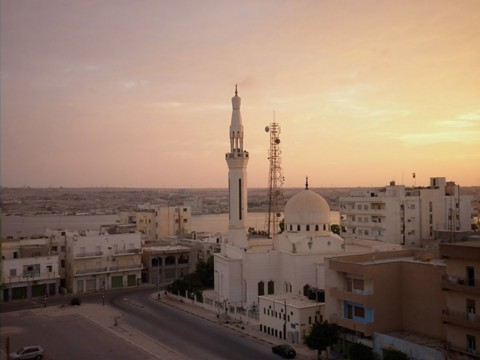The Travel Detective
Travel Detective Blog: Middle East Travel Safety Post Benghazi Attacks
 Peter is a veteran traveler to and throughout the Middle East and has covered a number of the wars in the region. He also continues to interview the leaders and heads of state of Israel, Jordan, Egypt, Lebanon, Saudi Arabia and others. In his most recent Travel Detective blog, he writes about the need for proper perspective in the aftermath of the killing of an American ambassador in Libya.
Peter is a veteran traveler to and throughout the Middle East and has covered a number of the wars in the region. He also continues to interview the leaders and heads of state of Israel, Jordan, Egypt, Lebanon, Saudi Arabia and others. In his most recent Travel Detective blog, he writes about the need for proper perspective in the aftermath of the killing of an American ambassador in Libya.
It’s time to try to provide a little perspective to the tragic events of September 11 in Benghazi, as well as the ongoing protests at the U.S. Embassy in Cairo.
What Happened in the Middle East on September 11?
On July 2, 2012 the trailer for the film “Innocence of Muslims” was released on YouTube. The reaction to the film, which received hardly any publicity or promotion, was less than zero. And then, without warning, groups of protestors claiming outrage over the depiction of Muhammad in the film launched orchestrated attacks on both the U.S. Embassy in Cairo and the U.S. consulate in Benghazi. The attacks in Libya were far more orchestrated and sophisticated, and “protestors” arrived with RPGs (rocket propelled grenades).
This wasn’t a march. This was a full-out attack. When the smoke cleared, four Americans were dead, including U.S. Ambassador Christopher Stevens and an untold number of Libyans, many of whom were trying to defend the consulate.
Almost immediately, and not surprisingly, the U.S. Department of State warned U.S. citizens against all travel to Libya. In addition, the State department ordered the departure of all non-emergency U.S. government personnel from Libya. This travel warning actually superseded another travel warning dated August 27, 2012.
The United Kingdom and Canada also issued similar travel warnings to their citizens. The reality: Few American tourists/travelers have been traveling to Libya. And until just yesterday, the number of American travelers to Egypt had been slowly creeping back, with no reports of any incidents. But the number of U.S. visitors to Egypt is still nowhere near the levels of 2010.
So, in both the near and long term, what do these attacks mean for U.S. travelers to the region? If history is any indication, travel will almost certainly flatline. Americans are concerned about being targeted abroad. Totally understandable.
But history — and especially my experience — dictates that smart travelers can easily and without fear travel to the region. For a number of compelling economic and political reasons.
For example, what is one of the strongest financial/political imperatives of the new Morsi administration in Egypt? Not surprisingly, travel and tourism.













